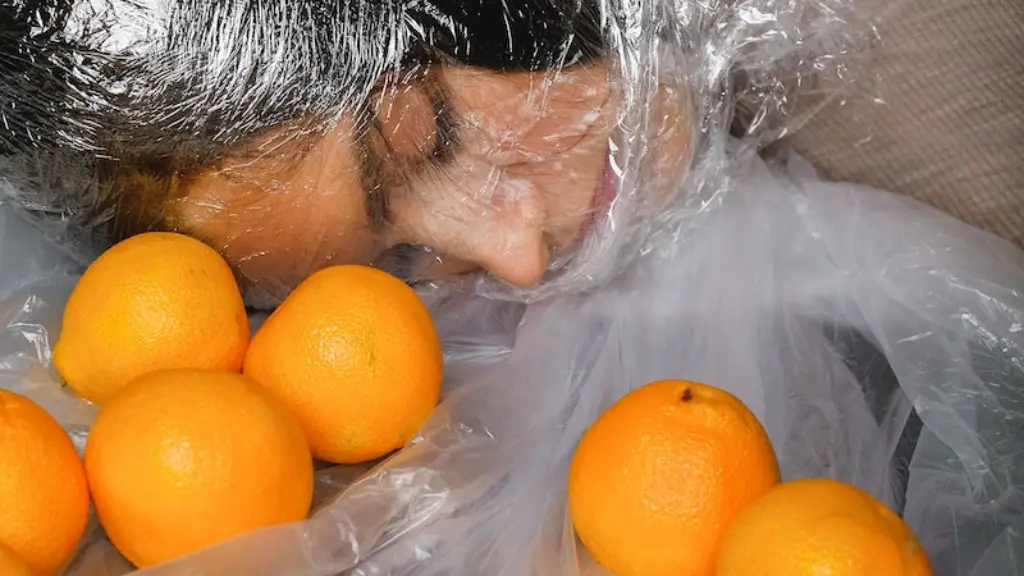The effects of global warming are far-reaching and have a major impact on the planet and its inhabitants. From rising sea levels to melting glaciers, increased atmospheric temperatures to more extreme weather events—the consequences of global warming are becoming more evident each year.
As temperatures rise, more energy is stored in the atmosphere, which leads to an increase in sea surface temperatures, more energy being held in the ocean, and consequently, higher sea levels. This could impact coastal ecosystems—such as wetlands and estuaries—to a greater extent, endangering coastal and marine species, and also displacing human settlements. Elsewhere, melting ice sheets and glaciers from the Arctic to the Andes and Himalayas will result in a range of different outcomes, including reduced availability of drinking water, potential flooding due to rising sea levels, and increased vulnerability to landslides and avalanches.
On a global level, some of the most significant effects of global warming could be those on the agricultural sector. With rising temperatures and increased drought, crops are likely to suffer decreased yields, and arable land is likely to become less viable. This could lead to food shortages, and as a result, increase poverty, famine and disease. Similarly, hotter and drier climates are likely to bring more frequent and more intense wildfires, threatening wildlife, jungles, and forests.
The health of humans and other living species is also affected by global warming. Climate change can lead to air pollution,, which in turn has an adverse effect on the respiratory system and can lead to ailments such as asthma, lung cancer, and cardiovascular diseases. Additionally, increases in temperature could facilitate the spread of disease and vector-borne illnesses such as malaria, dengue fever, and cholera, which may result in more deaths.
It is also argued that global warming could have a psychological effect on humans. For instance, more frequent and intense natural disasters, air pollution, and heat waves could lead to feelings of anxiety and despair. To adapt to the ever-changing climate and its consequences, people may need to adopt different lifestyles, which could lead to a sense of frustration and mistrust.
In order to combat global warming, it is essential that governments, industry, and communities work together and adopt preventive and proactive measures. This could include strengthening infrastructure, promoting clean and renewable energy sources, and developing climate-friendly policies that encourage sustainable consumption and production. Here, education has an important role to play as well—raising people’s awareness of the impact of global warming, continually engaging them in the effort, and equipping them with the necessary skills to protect our planet and take action.
It is certain that global warming is having a tremendous effect on the planet, with far-reaching and potentially devastating implications for the environment and for the human systems that depend on it. Taking into consideration both the positive and negative implications, it is critical that we take action now to mitigate the effects of global warming and build resilient communities that can better withstand its effects. It is also essential to educate individuals and provide them with the skills and knowledge to understand the consequences of global warming and adopt sustainable practices. Only then will we be able to combat the consequences of global warming and achieve a brighter future.
What Are The Consequences Of Global Warming Brainly
